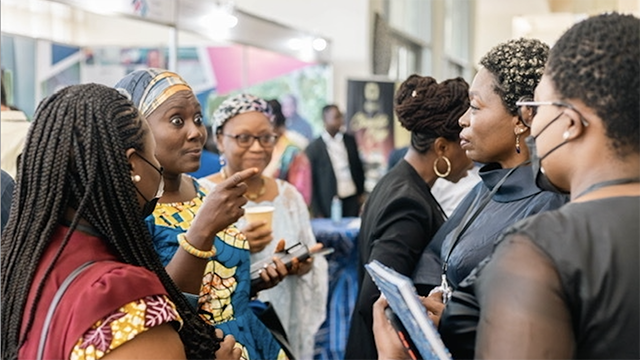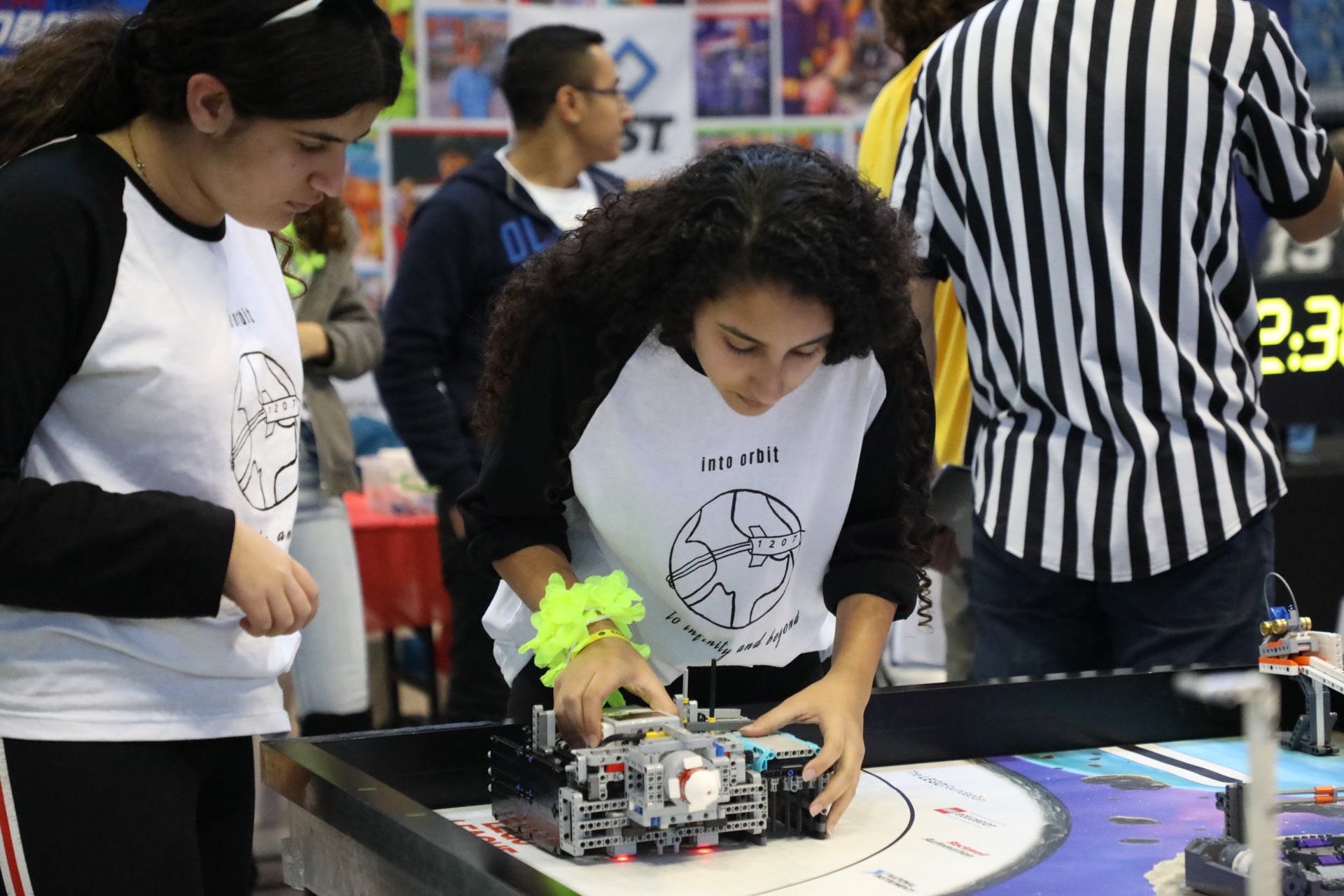When UNL professor Dr. Lory Dance was presented the idea of incorporating virtual exchange and international video-conferencing into her course under the UNL Global Virtual Project, she was eager to participate but unsure of its impact on students. By the end of the fall 2018 semester, however, Dr. Dance had become a strong supporter after witnessing its power firsthand.
“In my career as an instructor, it is rare that I get to the end of the semester wanting the course to continue,” Dr. Dance said. “It is even more rare that my students and I shed tears of joy because of the interactional and interpersonal dynamics of the course!”
The UNL Global Virtual Project, consisting of six courses and designed to increase classroom virtual exchange at the university, included Dr. Dance’s “Immigration and Multiculturalism” sociology course. It was paired with Dr. Deema Ammari’s “Short Story” literature course at the University of Jordan in Amman, Jordan. Overcoming different disciplines, students and faculty came together using Zoom video-conferencing technology to have meaningful discussions about various social topics, including patriarchy and matriarchy, restorative justice, and existentialism.
“The [Stevens Initiative] gave us the perfect opportunity to connect students and lecturers,” Dr. Ammari added. “It boosted the students’ confidence as they opened up about their culture and private lives, and made friends along the way they continuously tell me about… The zest I saw in my students was inspiring.”
The partnership included 12 in-class virtual exchange sessions where students discussed concepts covered in both courses, as well as assignments using out-of-class video calls and online messaging. Although the students were initially shy to interact deeply, enduring friendships emerged as they grew more confident and comfortable with each other. From mixed groups working together on “Getting to Know You” presentations, to seeking feedback from each other on final creative projects, both UNL and Jordan students remarked how fulfilling and interesting the course was.
“It changed me in so many ways,” said Nadine, a student from the University of Jordan. “It got me out of my comfort zone which is a really great thing, because I’m usually a shy person. But while doing those meetings, talking and asking and doing presentations, it boosted the level of my confidence and again built up my personality and changed me as a person.”
For Dr. Dance, the course reached a new level of personal connection after a trip to visit Dr. Ammari and the University of Jordan students in October 2018. She returned to UNL excited after a whirlwind introduction to Dr. Ammari’s colleagues, one-on-one conversations with students participating in the virtual exchange, and exploration of the local area. Dr. Dance saw the same increased fervor during the Nebraska students’ final presentations, in which they summarized course topics and lessons learned from their Jordanian peers.
“[Dr. Dance’s] class has honestly been one of, if not the favorite class I’ve taken at UNL,” said Austin, “and I was sad to have it come to an end so quickly.” Austin was one of many students who found the experience transformational. During his final presentation, Austin played his guitar for his peers, a testament to the ability of virtual exchange to build close friendships as he had lacked the confidence to play publicly for years.
Although the course has come to a close, both professors are confident the relationships made between peers thousands of miles away will continue, given the heartfelt thank you videos exchanged and mutual tears of joy shed. Dr. Dance and Dr. Ammari are excited to continue virtual exchange collaborations in the future, discussing the possibility of including additional courses and adding new institutional partners like Lund University in Sweden. Dr. Dance is also a recent recipient of the UNL Global Virtual Classrooms Grant, a continuation of the project that will build on the success of the Stevens Initiative grant and continue increasing virtual exchange at Nebraska.

